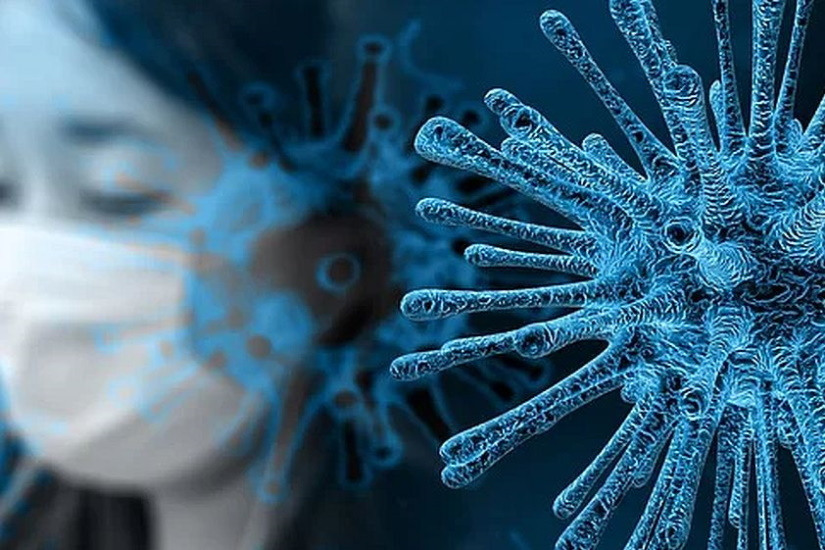August 10, 2020 | Erin Bluvas, bluvase@sc.edu
The University of South Carolina’s Aging Brain Cohort (ABC), one of eight high-impact projects established by UofSC’s Excellence Initiative in 2019, has launched a study to learn more about the negative cognitive and neurological effects of COVID-19. Working with Palmetto Health-USC Medical Group Division of Infectious Diseases, ABC will collect health history and data on the effects of COVID-19 on various aspects of cognition and brain health over the next several months.
“Doctors and researchers studying this pandemic have observed that, after surviving COVID-19’s initial assault on the body, individuals infected with COVID-19 often experience negative aftereffects including physical, cognitive and mental health problems,” says lead investigator and professor of communication sciences and disorders Julius Fridriksson, who notes that recent studies have reported neurological problems among patients at rates ranging from 38 to 69 percent. “This may be due to a number of factors, including time spent on ventilators, time in the ICU, use of certain medications etc. or a result of something unique to the virus itself, but the problem is that we just don’t know.”
The current study seeks to measure the effects of COVID-19 on the brain, cognition and language process among COVID-19 survivors. Findings from this project will help answer questions about short- and long-term effects of COVID-19 as well as risk factors for developing these adverse outcomes.
The researchers are looking for adults ages 20 to 80 who have tested positive for COVID-19 and recovered for at least 28 days. Each participant will complete 1.5 to three hours of online surveys and virtual testing (e.g., games and story-telling scenarios) of memory, attention and language. The only in-person activity will be a one-hour MRI scan at Prisma Health Heart Hospital. Participants will receive $70 upon completion of all sessions (see flyer [pdf] for more details, including eligibility requirements).
This information will be analyzed in conjunction with an extensive database of MRI scans and health details from a group of healthy control individuals who have participated in Fridriksson’s studies over the past several years. The overlapping measures can be compared to better understand the variability of symptoms and disease severity between individuals who have recovered from COVID-19 and those who have not experienced infection. The team will also examine whether underlying factors of socioeconomic status, race, age and health history (including preexisting mental health conditions such as PTSD and dementia) play a role in health outcomes.
“Though it is impossible to be certain, we expect to see that individuals with more severe cases of COVID-19 experience greater cognitive deficits in executive function and possibly also language, memory and attention,” Fridriksson says. “The results of this study will increase general knowledge regarding COVID-19 and how it affects brain function so that researchers and clinicians can advance what we know about prevention and treatment options and patients can better understand what to expect.”
Related:
South Carolina research to begin study on coronavirus aftereffects on the brain
UofSC researchers conducting study into effects of COVID-19 on brain
Julius Fridriksson (COMD) to serve as editor for new journal, Neurobiology of Language
Recovery starts here. Stroke Belt research pays off for patients
COMD’s Julius Fridriksson receives 2017 Breakthrough Leadership in Research Award
Public health researcher Julius Fridriksson helps stroke victims recover their words
Julius Fridriksson named S.C. SmartState Endowed Chair of Memory and Brain Function
